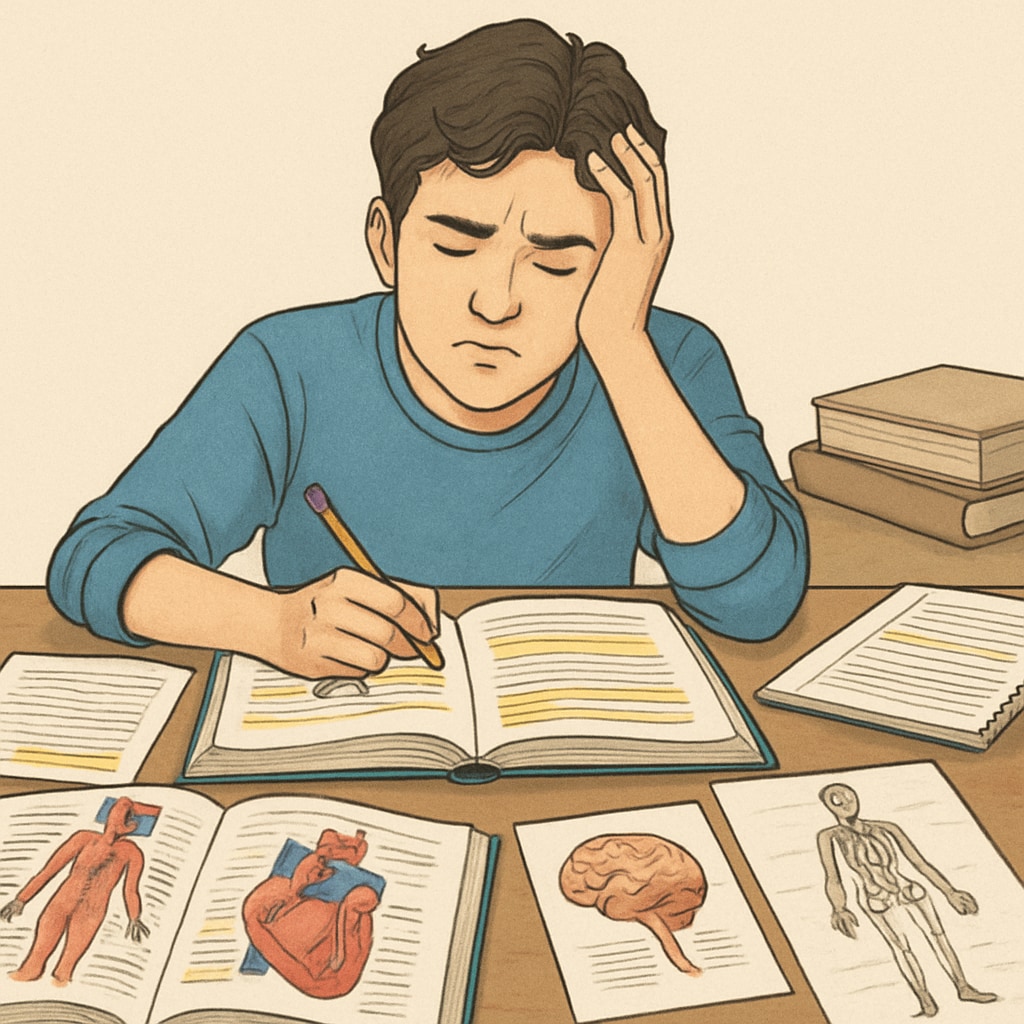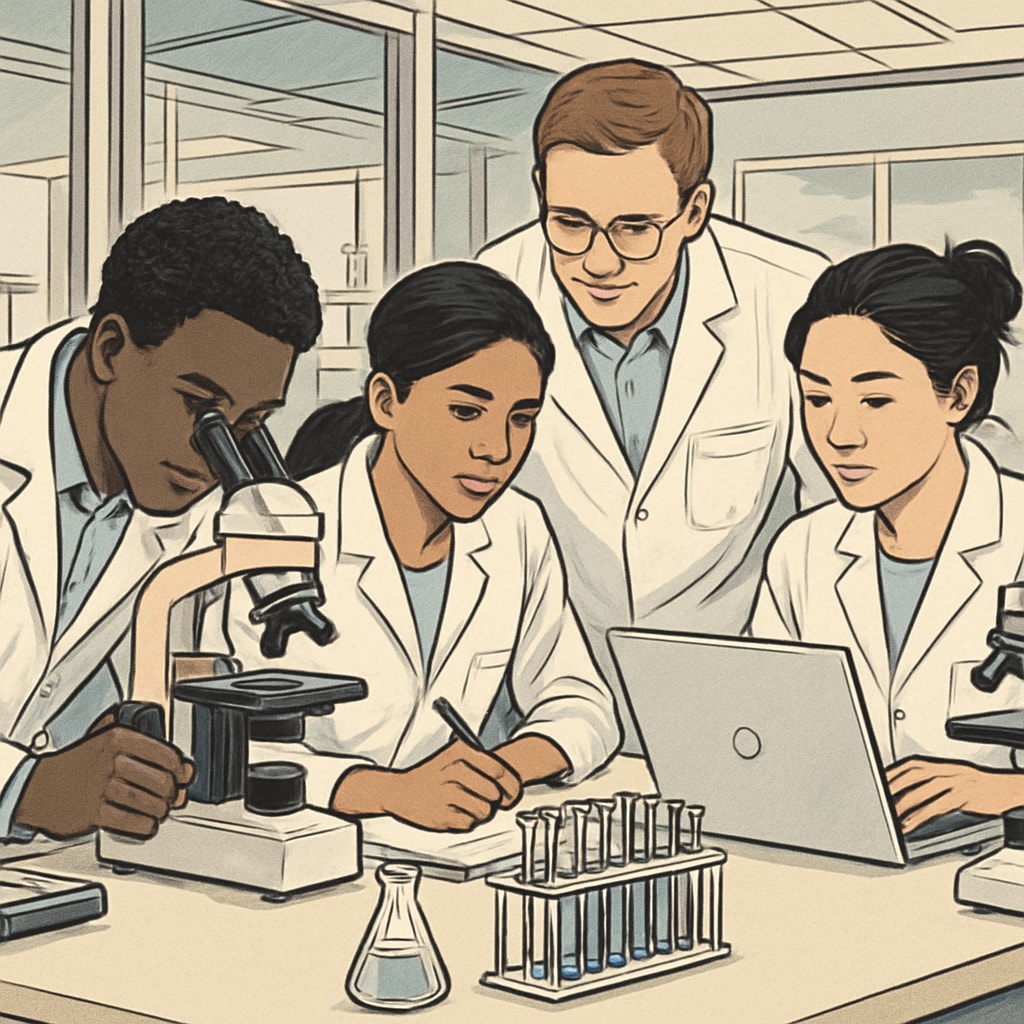The education system often fails to support students with medical dreams who face learning difficulties and family pressure. This complex intersection creates unique challenges for aspiring healthcare professionals during their K12 journey. Research shows nearly 20% of students experience learning disorders that affect STEM subjects crucial for medical careers.
The Double Burden: Academic Struggles and Familial Expectations
Students pursuing medicine encounter two significant obstacles:
- Cognitive barriers: Conditions like dyslexia or ADHD create difficulties with memorization and complex concepts
- Emotional stress: Family expectations often intensify when children choose prestigious careers

Systemic Gaps in Supporting Diverse Learners
Current educational structures frequently overlook neurodiverse students. According to Understood.org, three critical deficiencies exist:
- Lack of specialized STEM instruction methods
- Insufficient teacher training for learning differences
- Limited accommodations during standardized testing
However, innovative schools demonstrate that proper support systems can transform outcomes. For example, multisensory teaching techniques improve science comprehension by 43% for dyslexic learners.
Building Bridges: Solutions for Inclusive Medical Education
Creating pathways requires collaboration across multiple domains:
- Schools: Implement Universal Design for Learning (UDL) frameworks
- Families: Shift from pressure to empowerment mindset
- Society: Destigmatize learning differences in healthcare professions

Successful case studies show that when education systems adapt and families provide balanced support, students with learning challenges can excel in medical fields. The key lies in recognizing neurodiversity as an asset rather than a limitation.


